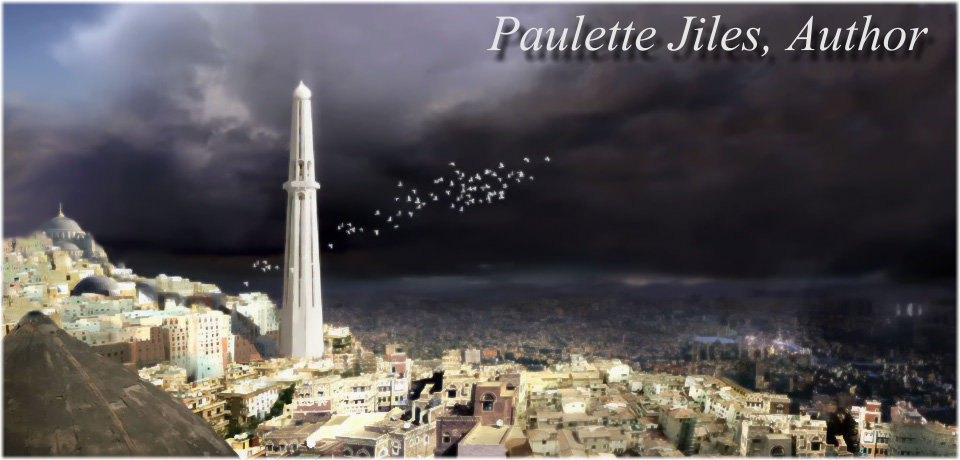Writing action. Or, an active and living narrative.
It has been an interesting study for me. The toolbox, or the techniques, involved in writing action, are quite interesting. They are fascinating. They lead to very involved effects. They are not easily handled.
It’s possible that beginners may think that if they have their hero take the bit in his teeth right away, then he’d run through the plot like a thief with your ATM card running through your checking account. There has to be hesitancy, refusal of the Quest, dithering, wondering, internal monologues, flashbacks to childhood, emotional scenes, etc. or everything would come to an end very soon.
Meaning, the writer has not thought out his/her plot.
Plus, if he is not a victim, then is he Evil? For half a century there have been those who questioned, ‘Why do the villains and the evil characters have all the energy?’ The question is posited as if it were an absolute. ‘Why are villains so much more interesting than the main characters?’
They are not, not inevitably.
If you give the Bad Guys all the agency and initiative, then yes, otherwise no.
This is the first post on this matter but if you are a writer and are interested, I would refer you to two of Dickens’ novels. Compare and contrast. Great Expectations and Nicholas Nickleby. (Check out the Wikipedia plot summary if you haven’t time to read them) In GE, the main character Pip is very passive. Pip is dazzled by social prestige, he allows himself to be insulted and trashed by upper-class characters and so on. Maybe I am simply not knowledgeable about the British class system, but why does Pip have to go to Miss Haversham’s and continue to be insulted, month after month? I don’t get it. In NN, the protagonist is active, clever, takes on conflict when it is shoved in his face, never bows out of a fight, and gets the girl, of course.
However Dickens could not avoid action even if he wanted to. Read this; Dickens is describing a lazy day in a quiet square in London. Note the verbs. It is alive, living, charged with animate power. From Barnaby Rudge, Penguin Classics, page 128
There are, still worse places than The Temple on a sultry day, for basking in the sun, or resting idly in the shade. There is yet a drowsiness in its courts and a dreamy dullness in its trees and gardens; those who pace its lanes and squares may yet hear the echoes of their footsteps on the sounding stones, and read upon its gates, in passing from the tumult of Strand or Fleet Street ‘Who enters here leaves noise behind’. There is the plash of falling water in fair Fountain Curt, and there are yet nooks and corners when dun-haunted students may look down from their dusty garrets on a vagrant ray of sunlight patching the shade of the tall houses and seldom troubled to reflect a passing stranger’s form. …In summer time its pumps suggest to thirsty travelers springs cooler and more sparkling and deeper than other wells and as they trace the spillings of full pitchers on the heated ground they snuff the freshness and, sighing, cast sad looks toward the Thames and think of baths and boats and saunter on, despondent.

